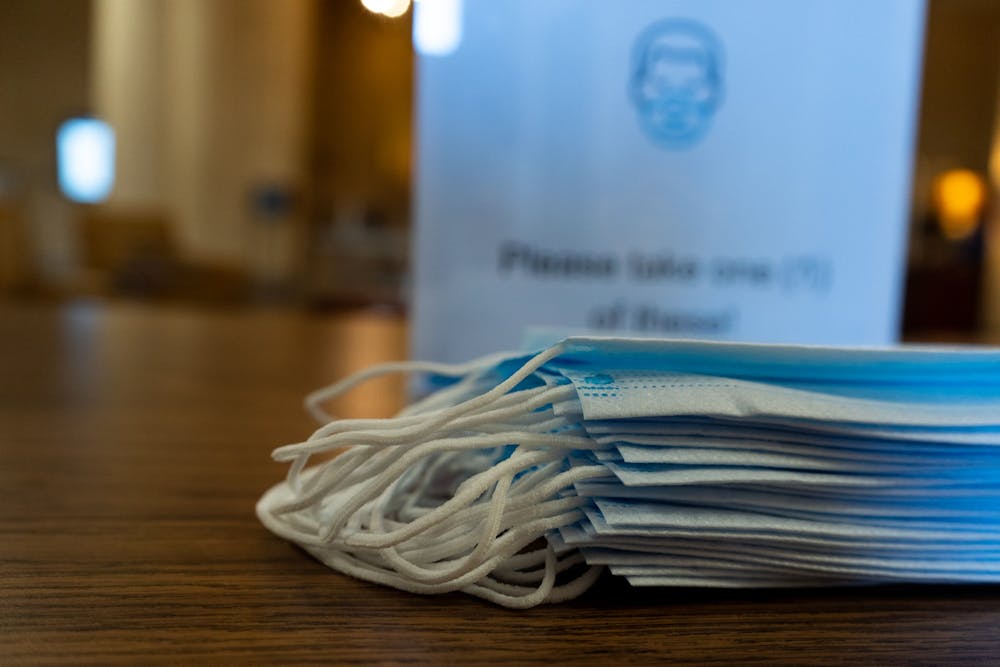Four months after the World Health Organization declared an end to the global public health emergency for COVID-19, North Carolina has seen a recent uptick in COVID-19 cases.
The N.C. Department of Health and Human Services uses a respiratory virus dashboard to track information about North Carolinians that exhibit cold-like symptoms associated with COVID-19.
During the week of Aug. 19-26, 485 patients were admitted to North Carolina hospitals for COVID-19. The week prior, there were 435 admissions.
The dashboard uses three different metrics to show data about the number of respiratory illnesses in North Carolina, with data from up to a year ago, and is updated weekly.
The metrics — including the number of COVID-19 viral particles found in samples of wastewater sourced statewide, the number of emergency department visits and hospital admissions related to respiratory illness — have helped the NCDHHS understand COVID-19 from a community level, according to their website.
Dirk Dittmer, a professor of microbiology and immunology at UNC, said wastewater testing gives a good impression of how COVID-19 is circulating in a community, because not everyone who contracts it is symptomatic.
According to the dashboard, COVID-19 can appear in wastewater 4-6 days before the first cases in a community are identified.
Dittmer also said the number of COVID-19 cases is largely reliant on a few seasonal factors, including the six-month period before antibodies of those who previously contracted COVID-19 start to go down.
The NCDHHS dashboard also recorded an increase in the amount of emergency department visits for respiratory viruses, with 6.2 percent of all visits being due to respiratory illnesses the week ending Aug. 26 — an increase from the previous week’s 5.6 percent.




